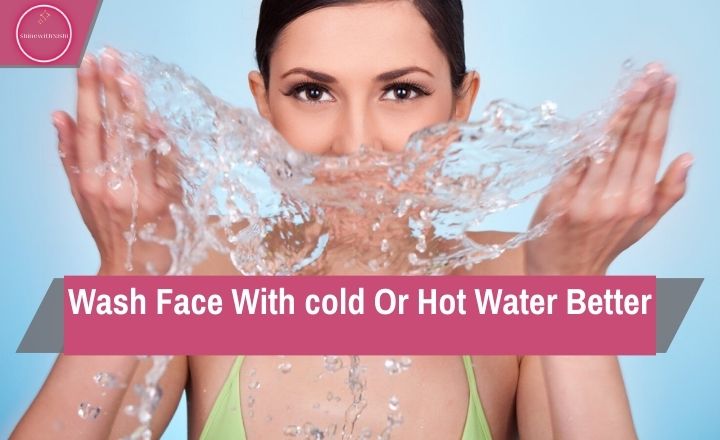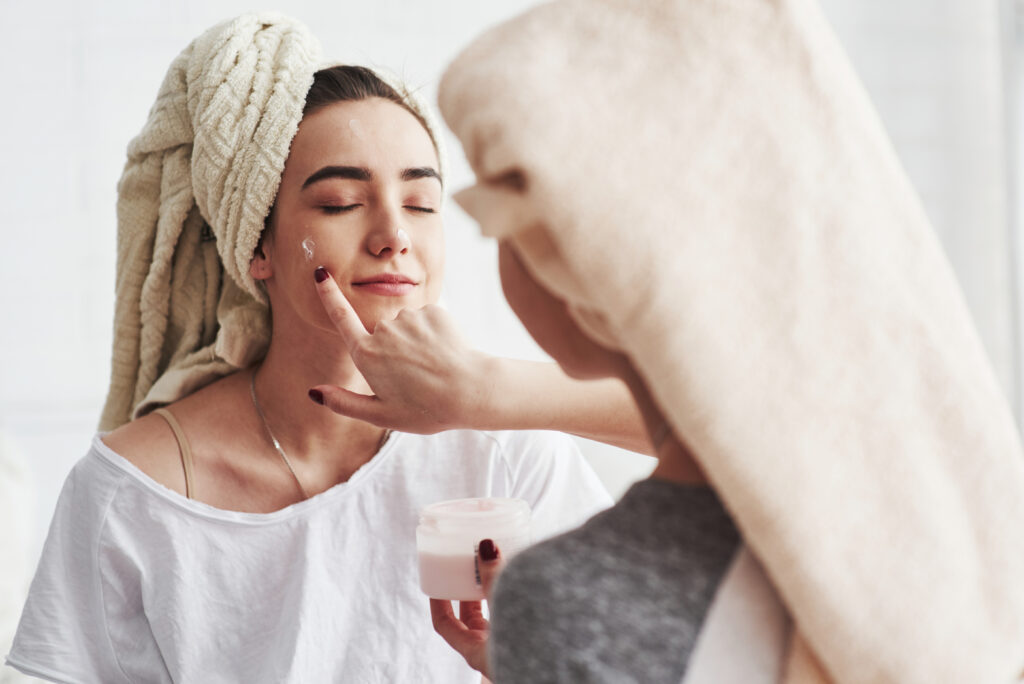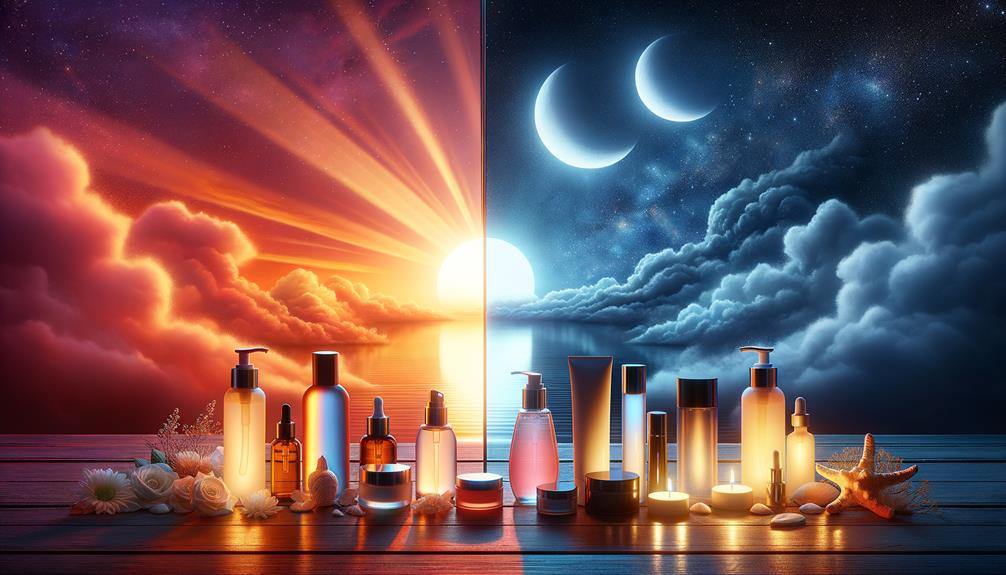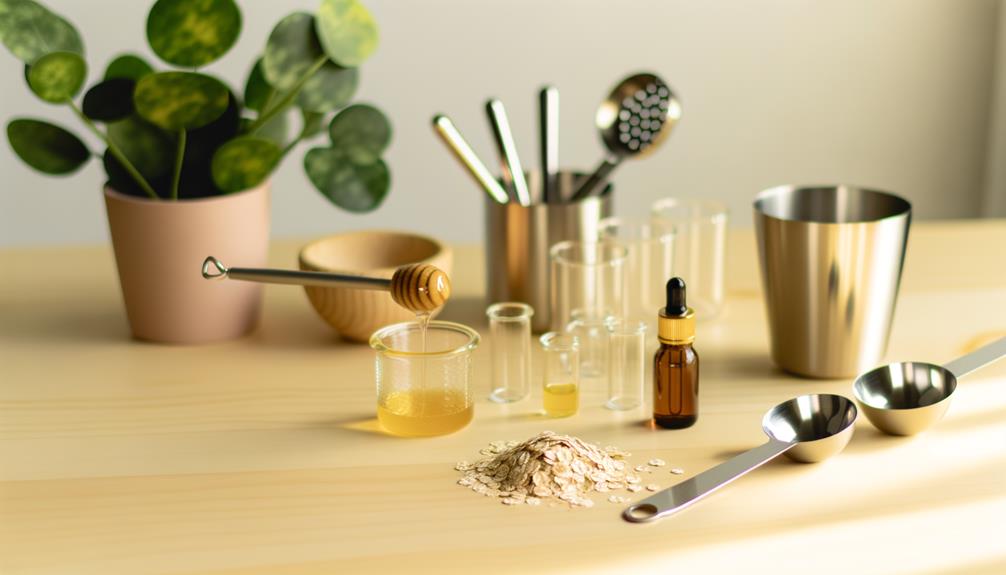The age-old debate of whether wash face with cold or hot water is better for your skin has sparked countless discussions among beauty enthusiasts and skincare experts. While some swear by the invigorating effects of cold water, others argue that hot water provides a thorough cleanse. So, which is truly better for your skin? In this article, we delve into the science behind washing your face with cold and hot water to uncover the benefits and drawbacks of each method. By the end, you’ll have a clearer understanding of how to best care for your skin during your daily cleansing routine.
Table of Contents
ToggleShould You Wash Your Face With Hot Water?
Wash face with cold or hot water has good and bad effects. Hot water can open your pores, making it easier to clean dirt and oil from your skin. This is helpful for people with oily or acne-prone skin. Using hot water too much can remove the skin’s natural oils, causing dryness and irritation. It’s important to find the right balance for your skin. For most people, using lukewarm water is a good choice.

6 Ways to Protect Your Hard Water Hair
It can clean the skin well without causing too much dryness or irritation. Also, using a gentle moisturizer after washing your face can help keep your skin hydrated. It’s best to try different water temperatures and see how your skin reacts to find what works best for you.
Should You Wash Face With Cold Or Hot Water?
Washing your face with cold water can benefit your skin in several ways. It can tighten pores, reduce inflammation, and soothe irritated or sensitive skin.
Reduce Puffiness
Many people want to reduce puffiness, and a simple way to do this is by wash face with cold or hot water. Cold water tightens blood vessels, reducing swelling and puffiness. It can also wake up your skin in the morning and reduce overnight fluid retention. Cold water tightens the skin, minimizes pores, and improves circulation and lymphatic drainage for a better complexion. Some people say using hot and cold water alternately during cleansing can improve skin health by increasing blood flow and encouraging cell turnover.
Minimize Redness
Many people want to reduce redness in their skin caused by pimples, irritation, or sensitivity. One way to do this is by using green-tinted primers or color-correcting products before applying makeup. These products can help even out skin tone and reduce the appearance of redness. Another tip is to use skincare products with anti-inflammatory ingredients like niacinamide and aloe vera to calm red, irritated skin.
Soothe Skin
To calm the skin, use gentle skincare products with a few irritating ingredients. Choose products with soothing botanical extracts like chamomile and calendula, which reduce inflammation. Also, use hydrating ingredients like hyaluronic acid to keep the skin moisturized. Avoid harsh exfoliants and abrasive treatments if you have sensitive or irritated skin, as they can make the problem worse.
Which Water Temperature Is Best for Washing Your Face?
The American Academy of Dermatology recommends using lukewarm water to wash your face. This temperature is gentle on the skin and helps open up the pores for thorough cleansing. Hot water can strip the skin of natural oils and cause redness, while cold water may not effectively remove dirt and oil. Using lukewarm water is important for healthy skin and a comfortable face-washing experience.
How to Wash Your Face: 5 Tips for Your Skin Care Routine
Here are five tips to help you keep your skin clean and healthy by washing your face as part of your skincare routine.
Use an Oil Cleanser First
Using an oil cleanser as the first step in your skincare routine can change the way you care for your skin. It may seem strange to put oil on your face, but oil cleansers work by attracting and removing excess sebum, makeup, and impurities without removing the skin’s natural oils. This gentle cleansing method ensures that your pores are clean and ready for other skincare products.
Wet Your Face With Lukewarm Water
Washing your face with lukewarm water is important. It opens up your pores and helps the cleanser to work better. Lukewarm water also helps to remove dirt and oil without drying out your skin.
Don’t Over Scrub

Scrubbing your face too hard can be bad. It might seem like a good idea to clean your skin well to get rid of all the dirt and oil, but it can remove the skin’s natural oils and make it dry and irritated. Instead, use a gentle cleaning routine that gets rid of impurities without causing harm.
Rinse With Lukewarm Water
Washing your face with lukewarm water is significant for your skin. Lukewarm water is better than hot or cold water because it cleans your skin without removing important oils. It works for all skin types and helps open up your pores for better cleansing. Lukewarm water is gentle and effective for dissolving dirt and oil. Making this a part of your daily routine can improve your skincare and give you healthy, glowing skin.
Apply the Rest of Your Skin Care Routine
Once you’ve cleaned and scrubbed your skin, it’s time to use the rest of your skincare routine. Some people ask if they should wash their face with cold or hot water. It depends on your skin type and what works best for you. Cold water can soothe and reduce swelling, while hot water can open pores and help clean deeper. Trying both temperatures can help you find what’s best for your skin.
The Best Facial Cleansers for Washing Your Face
L’Oréal Paris Revitalift Derm Intensives 3.5% Glycolic Acid Cleanser
To get clear skin, start with a clean face. L’Or al Paris Revitalift Derm Intensives 3.5 Glycolic Acid Cleanser is a new way to clean your skin deeply. It has 3.5 glycolic acids to remove dead skin cells and open pores for a brighter, smoother look. When using this cleanser, you might wonder if cold or hot water is better for washing your face. Both have benefits: cold water can reduce redness and make pores look smaller, while hot water can clean deeply by opening pores. But for best results with L’Or al Paris Revitalift Derm Intensives 3.5 Glycolic Acid Cleanser, start with warm water to gently clean your skin before using the product.
L’Oréal Paris Revitalift Radiant Smoothing Cream Cleanser
The L’Or al Paris Revitalift Radiant Smoothing Cream Cleanser is great for anyone who wants to refresh their skin. This fancy cleanser gently exfoliates and nourishes your skin, making it feel fresh and renewed. It’s also good at removing impurities without drying out your skin, so it’s good for all skin types.
Hot water can open up pores and clean deeply, but it might remove essential oils. Cold water can tighten pores and soothe skin, but it might not clean as deeply. Trying both temperatures can help you find what works best for your skin when using products like L’Oral’s great cleanser.
L’Oréal Paris Age Perfect Nourishing Cream Cleanser
The L’Or al Paris Age Perfect Nourishing Cream Cleanser is a good choice for people who want their skin to feel nourished and hydrated while they clean it. This cream cleanser has oils that help to replenish the skin, and it gently removes dirt while keeping the skin’s moisture balanced. This makes the skin feel soft and supple. Some people wonder if they should use hot or cold water to wash their face.
This temperature also helps the skin absorb other skincare products and stay hydrated. Knowing how water temperature affects your skin can make the L’Or al Paris Age Perfect Nourishing Cream Cleanser work even better and make your skincare routine more effective.
Conclusion
People debate about wash face with cold or hot water. Both have benefits, but it’s important to think about your skin type and needs. Cold water can tighten pores and reduce inflammation, while hot water can open up pores for a deeper cleanse. It might be best to use both temperatures in your skincare routine, with cold water in the morning and hot water in the evening. Trying different techniques will help you find what works best for your skin. Consistency and gentle cleansing are significant for healthy, radiant skin.
FAQs
Disadvantages of washing face with cold water?
Washing your face with cold water may not clean your skin as well as warm water. Cold water doesn’t open up the pores, so it may not remove oil, dirt, makeup, or sunscreen effectively. This could lead to clogged pores, acne, or breakouts. Cold water can also be uncomfortable for people with sensitive skin, causing redness and irritation. It’s important to consider your skin type and use a gentle cleanser, no matter the water temperature.
Is it better to wash your face with cold or hot water?
The temperature of the water you use to wash your face depends on your skin type and what you like. Cold water can help reduce redness and make pores smaller, which is good for oily or acne-prone skin. Hot water can open up pores and clean oil and dirt better, which is good for dry or combination skin.
Should I wash my face with cold or hot water?
Wash face with cold or hot water can be helpful, depending on your skin type. Cold water can tighten pores and reduce inflammation, good for sensitive or acne-prone skin. It can also soothe redness and irritation. Hot water can open pores and remove dirt and oil, good for oily or congested skin.







